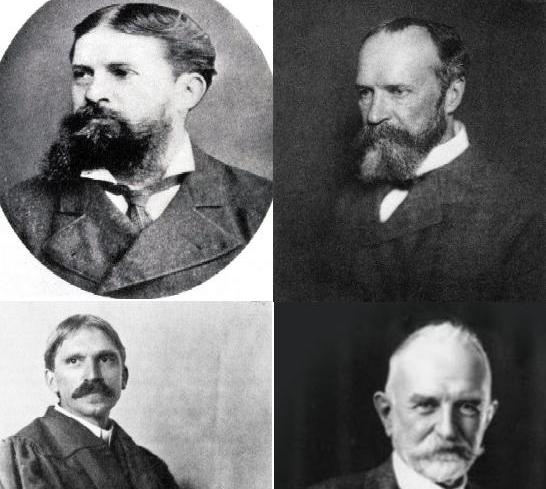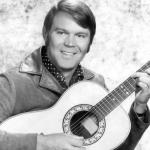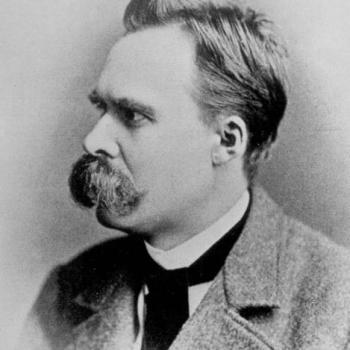Christian political activists agonized over the last presidential election: Some asked, “How can we support a womanizing, profane, non-religious candidate like Donald Trump?” Others said, “But he would be much better for our cause than Hillary Clinton. And if we support Trump, we will have a place at his table and have a better chance to advance our pro-life, socially-conservative agenda.”
In the end, some 80% of American evangelicals voted for Trump.
Prof. Silliman focuses on the career of Howard Phillips, a former Reagan official whose frustrations with Republican compromise on issue after issue led to his founding the Constitution Party (a.k.a. U.S. Taxpayer Party). Many leaders of the religious right sympathized with his efforts. But most of them eventually chose the pragmatic route.
This was back in the 1990s. Prof. Silliman also looks at the struggles of James Dobson, a purist, who battled the candidacy of Republican Bob Dole, while more recently coming around to support Donald Trump.
Prof. Silliman tells a fascinating story that you will want to read.
But it occurred to me that the paradigm he sets up–purity vs. pragmatism–can be applied even more broadly.
It applies to the current travails of both the Republican and the Democratic parties. Shall we cling to our conservative/liberal principles? Or should we compromise them in order to get elected?
It also applies to controversies within the Church and within particular church bodies. Purists want to hold on to their traditional teachings and practices no matter what. Pragmatists want to change those teachings and practices if doing so will bring in new members.
On issue after issue–the worship wars, cultural accommodations, sexual morality, theological discipline–Christians seemed locked in a struggle between purists and pragmatists.
Being on the purist side myself, I must point out that pragmatism is a mode of thought that had its origins in America in the 1870s. Its indifference to truth and absolutes in favor of “what works” has been embraced by postmodernist thinkers such as Richard Rorty. And virtually all of the pragmatic philosophers were hostile to Christianity.
I realize that the elder in the church meeting who says, “we just have to be practical” is probably not consciously channelling William James, John Dewey, Charles Sanders Peirce, or George Herbert Mead.
I also realize that purists ventures do, at some point and at some level, have to consider the “practical” dimension.
I also realize that the company of purists includes utopians, Marxists, and other idealists, who allow their abstract theories to distort actual life.
Recall that at one time in church history, there was a faction called the “Puritans.” We Lutherans generally opposed their legalism and restrictions on Christian freedom. But can there be Lutheran Puritans? Would that be a good combination or not?
Is there a way to reconcile these two poles? Or should they be reconciled at all?
Can “purity” and “pragmatism” be made to fit into a Christian worldview? (Perhaps the concept of “adiaphora” could give a little pragmatic leeway, while still adhering to the “pure faith.” Perhaps the Biblical doctrine of sin and the limits of human understanding could rein back some of the “Puritan” self-confidence, while strengthening the necessity of the “pure gospel.”)
Help me think through this.
Photo of the original pragmatist thinkers (from top, left to right): Peirce, James, Dewey, and Mead by National Oceanic and Atmospheric Administration/Department of Commerce,en:Sarah Choate Sears,en:Eva Watson-Schütze, [1] derivative work: User:Kentin [Public domain], via Wikimedia Commons


















